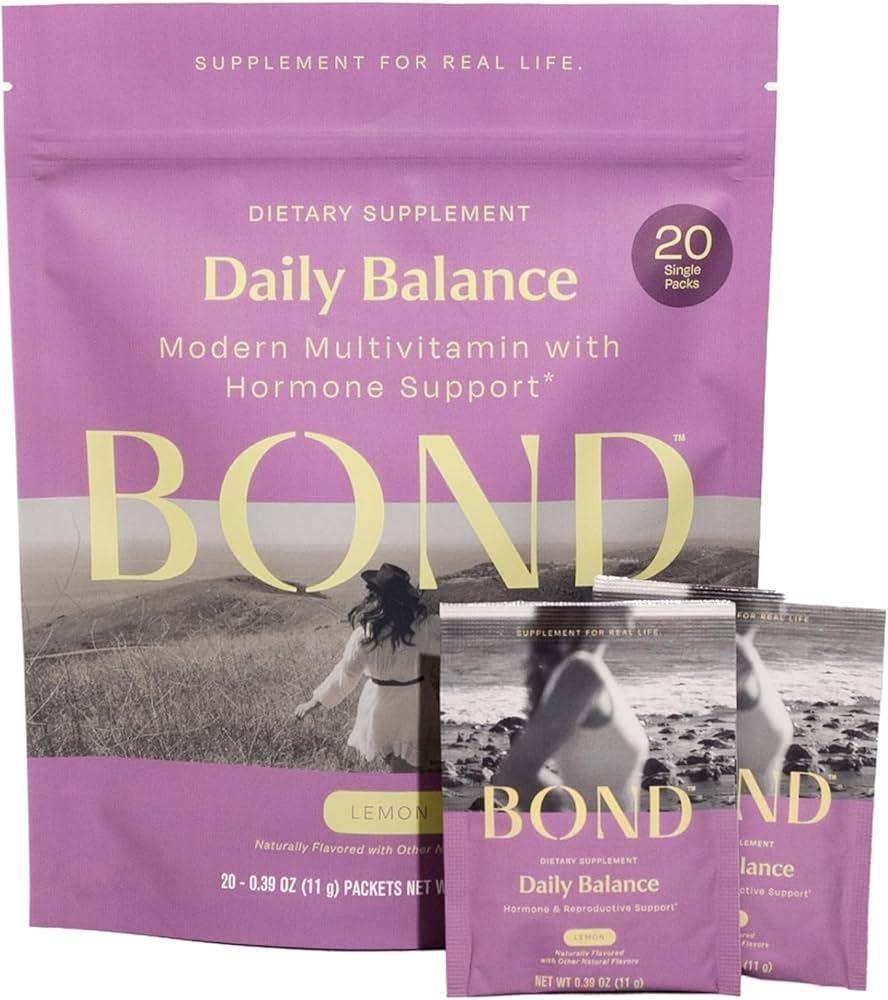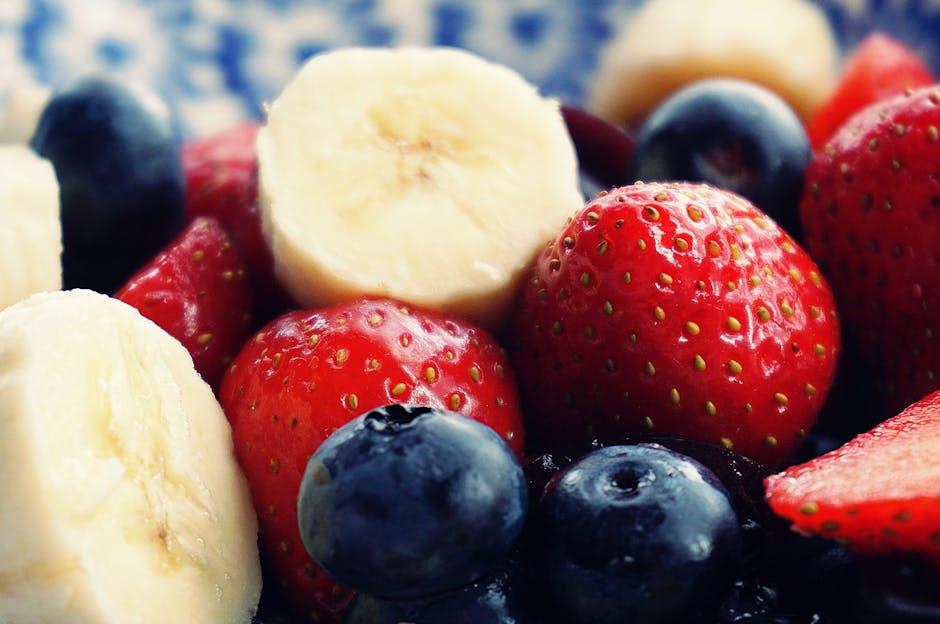In the intricate tapestry of human health, the threads of nutrition and biology weave together to create a complex and dynamic narrative. At the heart of this narrative lies a powerful yet often overlooked group of compounds known as antioxidants. These molecules, celebrated for their ability to combat oxidative stress, have recently emerged as pivotal players in the realm of women’s reproductive health. As scientific exploration delves deeper into the mysteries of fertility, menstrual health, and hormonal balance, antioxidants are gaining recognition for their potential to influence and enhance these critical aspects of a woman’s well-being. This article embarks on a journey to unravel the role of antioxidants, examining how these natural protectors may hold the key to unlocking new dimensions of reproductive health and vitality for women across the globe.
Unlocking Cellular Defense The Antioxidant Advantage in Womens Reproductive Health
In the intricate realm of women’s reproductive health, antioxidants emerge as powerful allies. These molecules combat oxidative stress, a condition where free radicals outweigh the body’s ability to neutralize them, potentially impacting fertility and reproductive wellness. Antioxidants serve as the body’s defense mechanism, neutralizing these free radicals and minimizing cellular damage. This balance is particularly crucial for women, as oxidative stress can influence ovarian function, egg quality, and even the success of implantation during pregnancy.
- Improved Egg Quality: Antioxidants such as Vitamin C and E are known to enhance the quality of eggs by protecting them from oxidative damage.
- Hormonal Balance: By reducing oxidative stress, antioxidants help maintain a healthy hormonal environment, essential for regular menstrual cycles.
- Reduced Inflammation: Antioxidants have anti-inflammatory properties, which can alleviate conditions like endometriosis that affect reproductive health.
- Enhanced Fertility: The protective role of antioxidants can increase the chances of conception by improving the overall health of the reproductive system.

Nutrient Powerhouses Antioxidant-Rich Foods to Boost Fertility
When it comes to nurturing reproductive health, certain foods stand out as true nutrient powerhouses. These foods are not only rich in antioxidants but also have the potential to enhance fertility by protecting the body’s cells from oxidative stress. Oxidative stress can be a significant barrier to conception, affecting both egg quality and overall reproductive function. By incorporating antioxidant-rich foods into your diet, you can create a supportive environment for fertility.
- Berries: Bursting with vitamins and antioxidants, berries such as blueberries, strawberries, and raspberries are excellent choices for enhancing reproductive health.
- Leafy Greens: Spinach, kale, and Swiss chard are loaded with folate and antioxidants, essential for maintaining hormonal balance and healthy egg production.
- Nuts and Seeds: Almonds, walnuts, and sunflower seeds offer a rich source of Vitamin E, known for its role in protecting egg cells from oxidative damage.
- Colorful Vegetables: Carrots, sweet potatoes, and bell peppers are high in beta-carotene, an antioxidant that converts to Vitamin A, supporting reproductive tissue health.
- Dark Chocolate: In moderation, dark chocolate provides flavonoids that can improve circulation, including to the reproductive organs, enhancing fertility potential.

Balancing Hormones How Antioxidants Support Menstrual Health
Understanding the intricate dance of hormones during the menstrual cycle can be a daunting task, yet it is vital for maintaining overall well-being. Antioxidants play a pivotal role in this process by combating oxidative stress, which can disrupt hormonal balance. Free radicals, unstable molecules that can damage cells, are kept in check by antioxidants, allowing the body’s natural processes to function smoothly. When oxidative stress is minimized, the body’s hormonal systems, including those that regulate menstruation, can operate more effectively.
- Reduction of Inflammation: Antioxidants help in reducing inflammation, which can alleviate menstrual discomfort and support a more regular cycle.
- Hormonal Balance: By protecting the endocrine system from oxidative damage, antioxidants contribute to a balanced production of hormones such as estrogen and progesterone.
- Enhanced Fertility: A diet rich in antioxidants supports ovarian health and improves egg quality, which can be crucial for women trying to conceive.
Incorporating foods rich in antioxidants, such as berries, nuts, and leafy greens, into one’s diet can be a natural way to support menstrual health and promote overall reproductive well-being.

Practical Steps Incorporating Antioxidants into Daily Wellness Routines
- Start your day with a vibrant smoothie, blending spinach, berries, and a touch of green tea. This not only provides a refreshing morning boost but also ensures a rich intake of antioxidants.
- Incorporate a mid-morning snack of nuts and seeds, such as almonds or sunflower seeds, which are rich in vitamin E, known for its antioxidant properties and its role in hormonal balance.
- At lunch, opt for a salad sprinkled with colorful vegetables like bell peppers, tomatoes, and carrots. Adding a handful of walnuts or a drizzle of olive oil can enhance the absorption of antioxidants.
- For dinner, include a portion of whole grains like quinoa or brown rice, paired with a serving of lean protein such as salmon, which is high in selenium, an essential antioxidant mineral.
- Don’t forget to hydrate with herbal teas such as chamomile or ginger, which offer calming and antioxidant benefits. Incorporating these beverages into your daily routine can be both soothing and beneficial.








